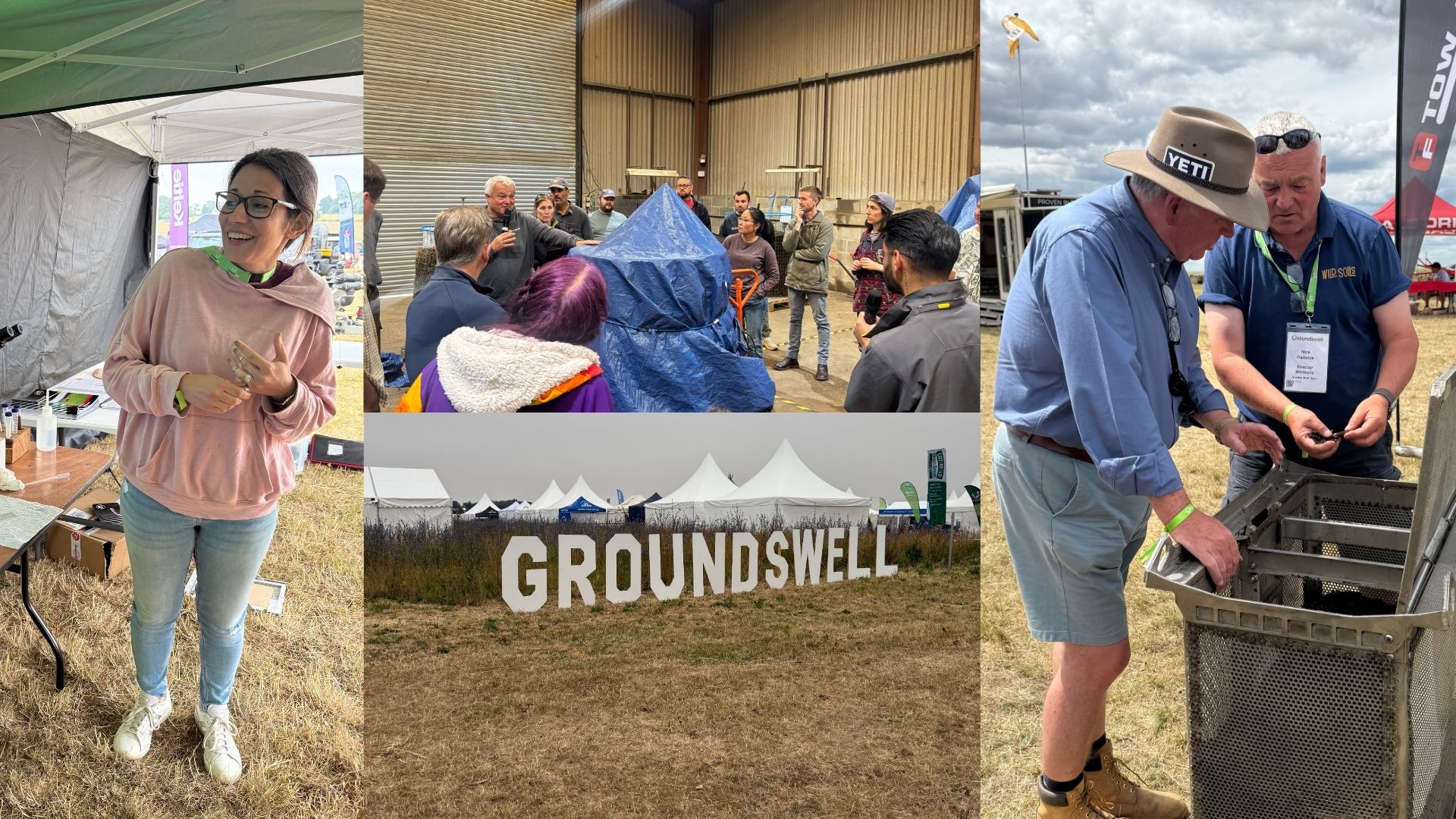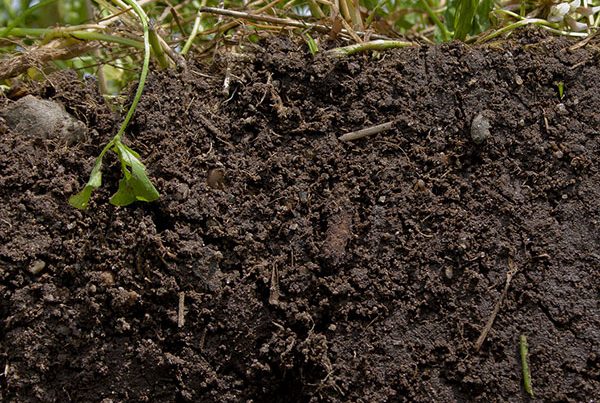Beneath the Surface Vol. 3 — See what’s been growing!
We’re nearing the end of another year, which means we’re considering what to do next. For those in the Northern Hemisphere, that means preparing for the next growing season: making compost, planting ground covers, and lots of microscopy. For those in the south, it’s time to swing back into action: planting, preparing amendments – and yes, lots of microscopy.
This past year has been full of activity here at the SFW School. We’ve had a number of students graduating to become certified consultants, and colleagues showing up in publications and webinars. And as always, lots of learning and lots of fun.
Workshops and more workshops
At the CTP Accelerator Workshop in Cyprus in January, we were honored to have in attendance Advanced Programs student Hongyan Lu, who has since become our first SFW certified consultant in China. Attending along with Lu were students from 19 countries, making the student group in Cyprus our most diverse so far.
In Costa Rica in March, the students and mentors came up with some great techniques for mixing compost materials when there are lots of willing composters available to help. Many hands not only make light work, they make the work more enjoyable too.
In the UK in June, students got to see the large-scale composting operation managed by SFW School Mentor Nick Padwick, including the use of a compost turner – in this case, the tractor-mounted turner that allows Nick to produce 750 tons of compost annually.
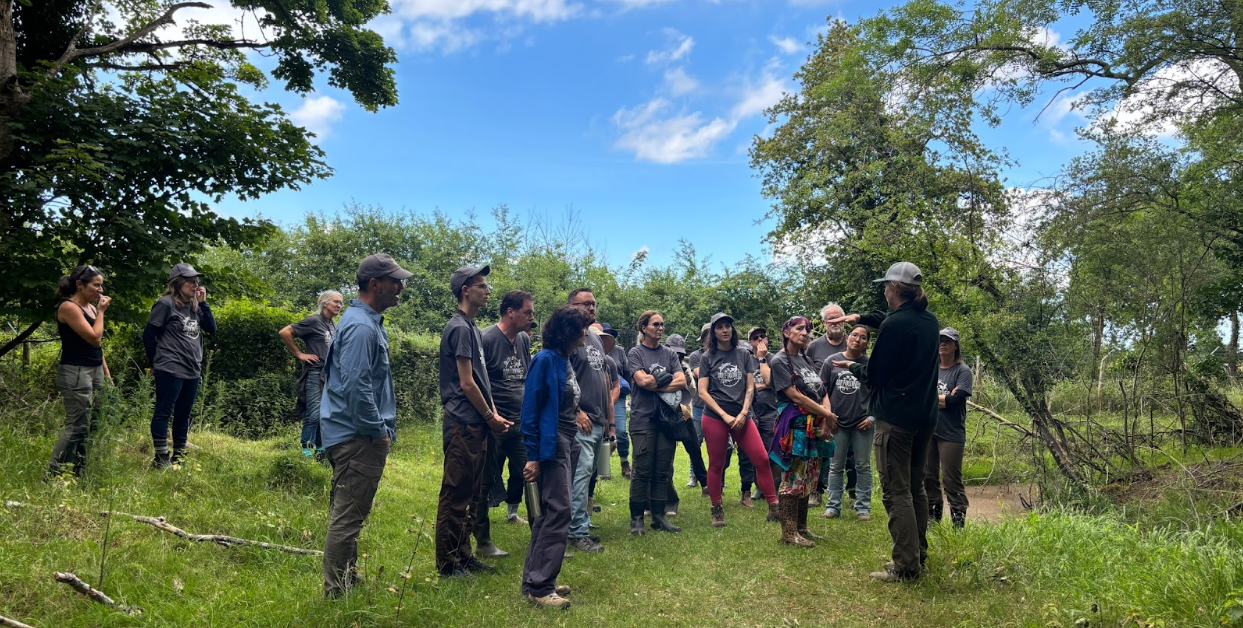
Students gather for field instruction at the farm managed by SFW School mentor Nick Padwick in Norfolk, UK.
And now we’re back in Costa Rica again for the year’s fourth workshop, once again enjoying the accommodations at Armonia Agricultura Organica. The campus is a center of health and learning that includes primary and secondary grade schools and an organic farm that serves as an educational centerpiece while also feeding visitors at an on-site restaurant.
These immersive, two-week workshops are where theory meets practice. Students learn how to make biologically complete compost, extracts and teas, and to apply the beneficial microorganisms they contain, and assess soil biology under the microscope — all guided by experienced Soil Food Web consultants and instructors.
Each Accelerator Workshop has been more than just a training — it’s been a celebration of community, collaboration, and hope for the planet. Here’s to another successful workshop and to all the students and mentors helping to restore soil health around the world!
👉 Want to join us in 2026? Stay tuned for next year’s workshop announcements and start your journey toward becoming a Soil Food Web Consultant. Fill out our Interest Form to be the first to know!
While in the UK, we also attended the Groundswell Festival in North Hertfordshire, where we did what we do best: introducing attendees to the microbial realm via soil microscopy. It was the same this past September, when we brought a microscope and a compost sample to the Terra Madre Americas event in Sacramento, California, USA. We were alongside some of the country’s most talented farmers, chefs and vintners, enjoying good music and regaling visitors with views of energetic microbes on a large video screen. We tend to find that folks love to watch soil microbes just as much as we do.
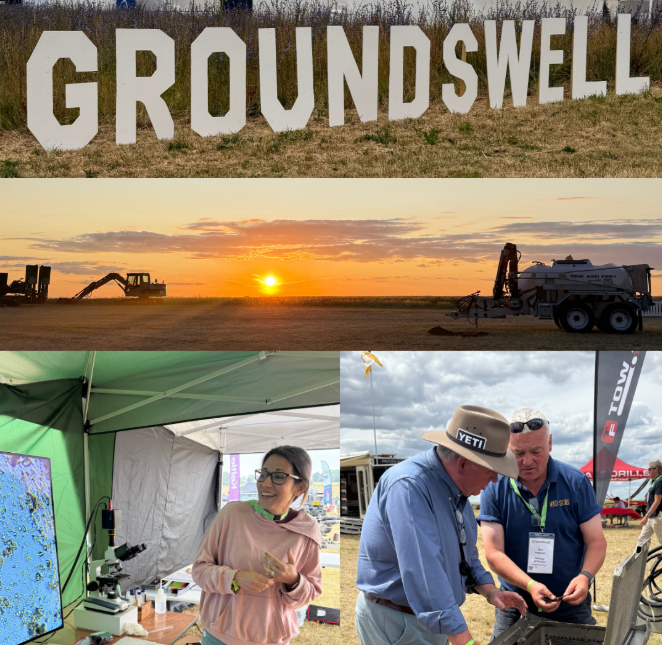
Getting the word out
Once again our colleague Nick Padwick is in the news, and this time, not just in this newsletter: in August, Nick was featured in The Guardian, one of the United Kingdom’s most widely read publications. The Guardian sought to explain how biological farming works – how are organisms cultivated and introduced to soils? How do they survive once introduced? Wisely in our view, the story featured not only Nick, but also our graduate Daniel Tyrkiel, who has done some great work through his consultancy, the Soil Ecology Laboratory in Hampshire, UK. That work, as described by The Guardian, includes teaming up with research fellow Dr. Janice Lake to show biology-treated crops outperforming control crops. Check out the story here.
At Conscious Planet this past September, author Didi Pershouse, founder of the Land and Leadership Initiative and developer of the Spoil Sponge Workshop, joined a panel of leading minds in ecological thinking to discuss how the costs of transitioning to regenerative practices might be shared by all of us who benefit. Does private investment help in the big picture, or can it be counterproductive? Do farmers consider the experiences of regenerative farming – the smell of healthy soil, the sound of singing birds, the sense of well-being – to be real returns on monetary investment? Check out the conversation over at Conscious Planet.
A recent article published by Reasons to be Cheerful included input from Evan Buckman, operations manager of the Soil Food Web School, in explaining the significance of mycorrhizal fungi. The article covers the basics of how fungi and plants partner up to the benefit of all, and how entrepreneurs are helping farmers, gardeners and foresters grow healthier plants using inoculum products. As the article quotes Evan, “You can have higher yields, higher productivity and lower costs when you invest in working with nature instead of against her, and invest in feeding life into the soil rather than fighting it with chemicals.” Check out the article at Reasons to be Cheerful.
Greencover’s latest edition of their Soil Health Resource Guide featured SFW School Science Leader Dr. Carla Portugal and Mentor Dr. Caterina Capri joined with Dr. Elaine Ingham to author an article on the ecological influence of cover crops. They discussed the importance of living ground covers to such critical soil-health factors as erosion, weed control and the biological diversity that helps create resilience to pest and pathogen problems.

